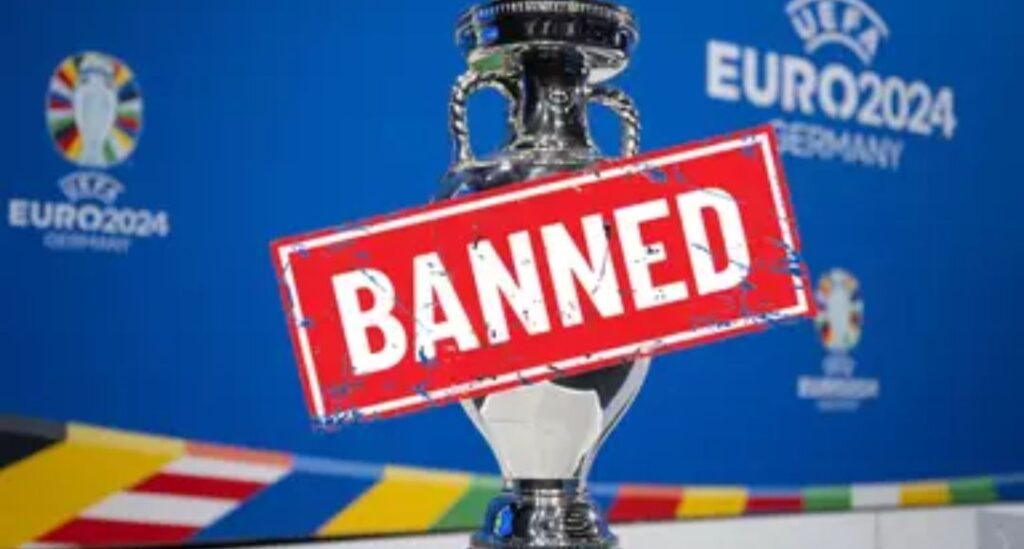Five Clubs That Faced UEFA Champions League Bans – A Look Back at the Major Suspensions

The UEFA Champions League, regarded as the pinnacle of European club football, has seen numerous iconic moments. Real Madrid remain the most decorated team in the competition’s history with 15 trophies, while Paris Saint-Germain are the current holders after their emphatic 5-0 triumph over Inter Milan in Munich earlier this year.
As the 2025/26 season begins, with Rangers facing Viktoria Plzen in the third qualifying round, all eyes are on PSG’s title defence and the usual powerhouses like Barcelona, Bayern Munich, and Liverpool. But not every club has enjoyed the privilege of competing. Over the years, UEFA has handed bans to several teams for reasons ranging from financial breaches to match-fixing scandals.
—
1. Beşiktaş (2013)
In 2013, Turkish side Beşiktaş were removed from UEFA competitions following a match-fixing investigation. Their appeal to the Court of Arbitration for Sport (CAS) was dismissed, upholding a one-year suspension.
—
2. Fenerbahçe (2013)
The same year, another Istanbul club, Fenerbahçe, received a three-year ban from UEFA for alleged match manipulation. Like Beşiktaş, their challenge at CAS was unsuccessful.
—
3. Juventus (2023/24)
Two-time European champions Juventus were excluded from UEFA tournaments for the 2023/24 campaign after breaching Financial Fair Play (FFP) regulations covering the period between 2012 and 2019.
—
4. FK Pobeda (2009)
North Macedonia’s FK Pobeda were hit with one of the longest suspensions in UEFA history—an eight-year ban for match-fixing. The club’s president, Aleksandar Zabrcanec, was banned for life, and the punishment was upheld on appeal.
—
5. FK Arsenal Tivat (2025)
Montenegro’s FK Arsenal Tivat received a ten-year ban and a €500,000 fine after being found guilty of breaching UEFA’s disciplinary rules during a match against Alashkert FC in July 2023.
—
Historic Ban on English Clubs (1985)
In the aftermath of the Heysel Stadium disaster, which tragically claimed 39 lives during the 1985 European Cup final between Liverpool and Juventus, English clubs were prohibited from European competitions for five years. Liverpool served an additional year-long suspension until 1991.
—
These incidents stand as a reminder that while the Champions League is football’s grandest stage, clubs must uphold integrity, transparency, and strict adherence to UEFA regulations—or risk losing their place among Europe’s elite.
Discover more from Sportentz
Subscribe to get the latest posts sent to your email.